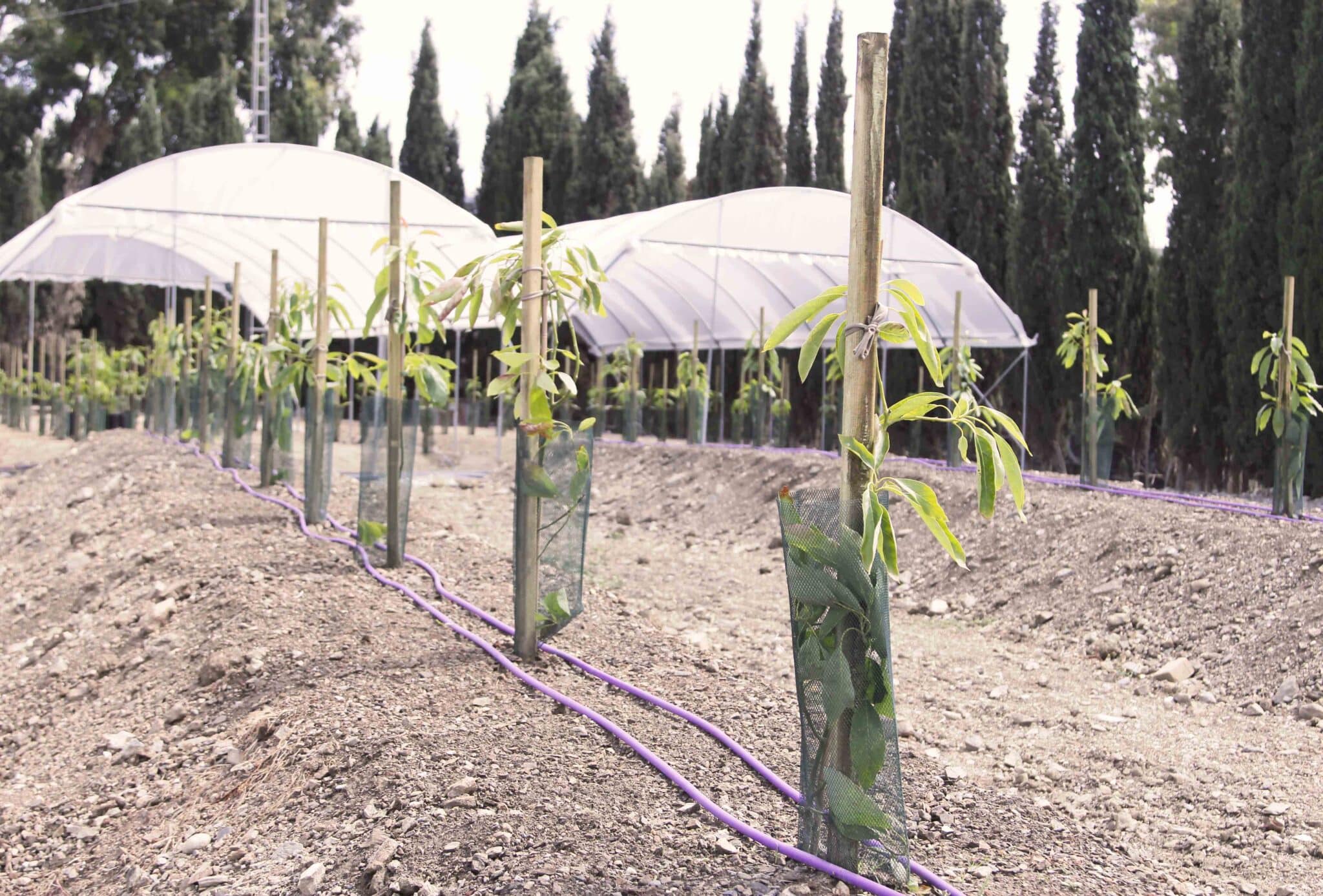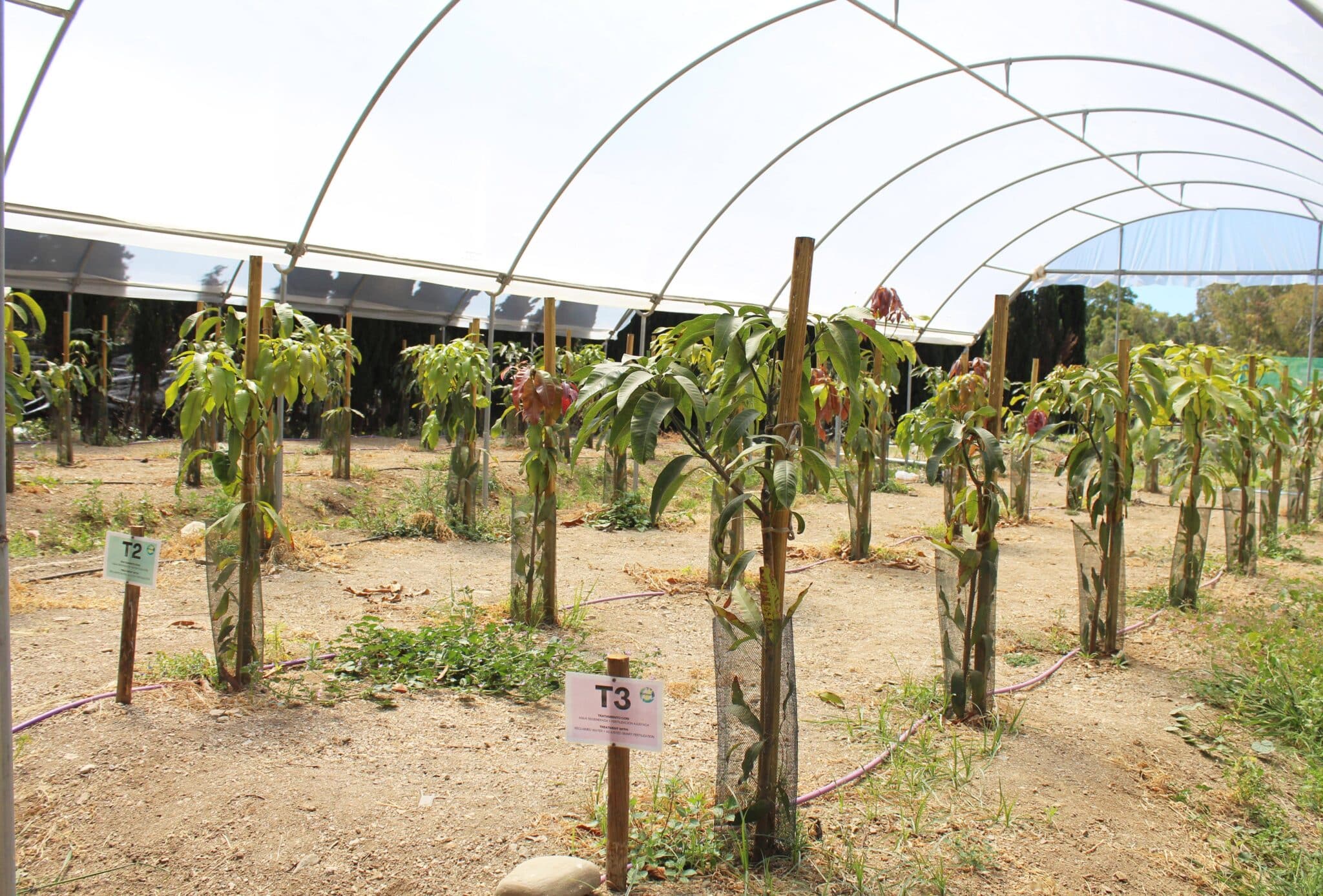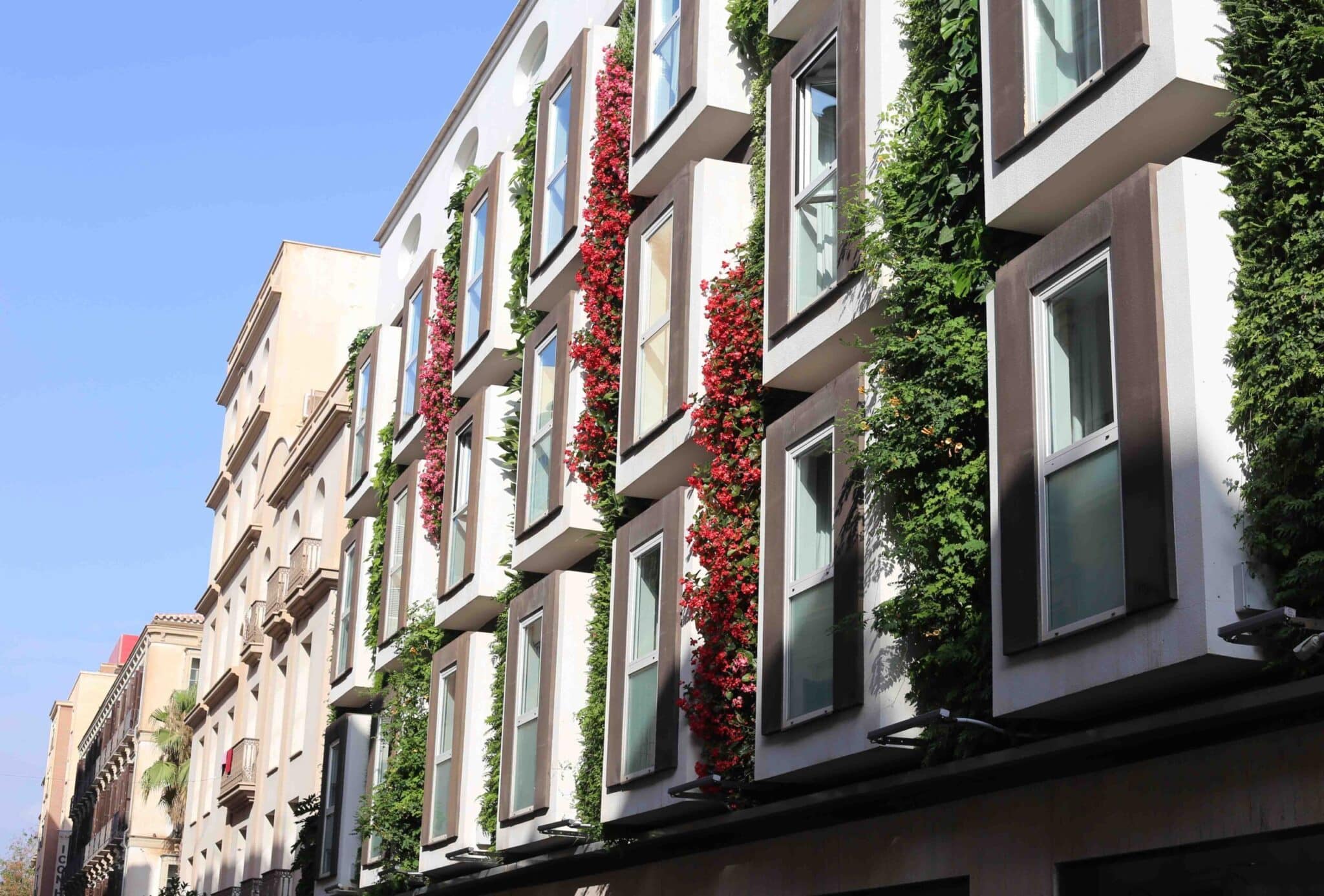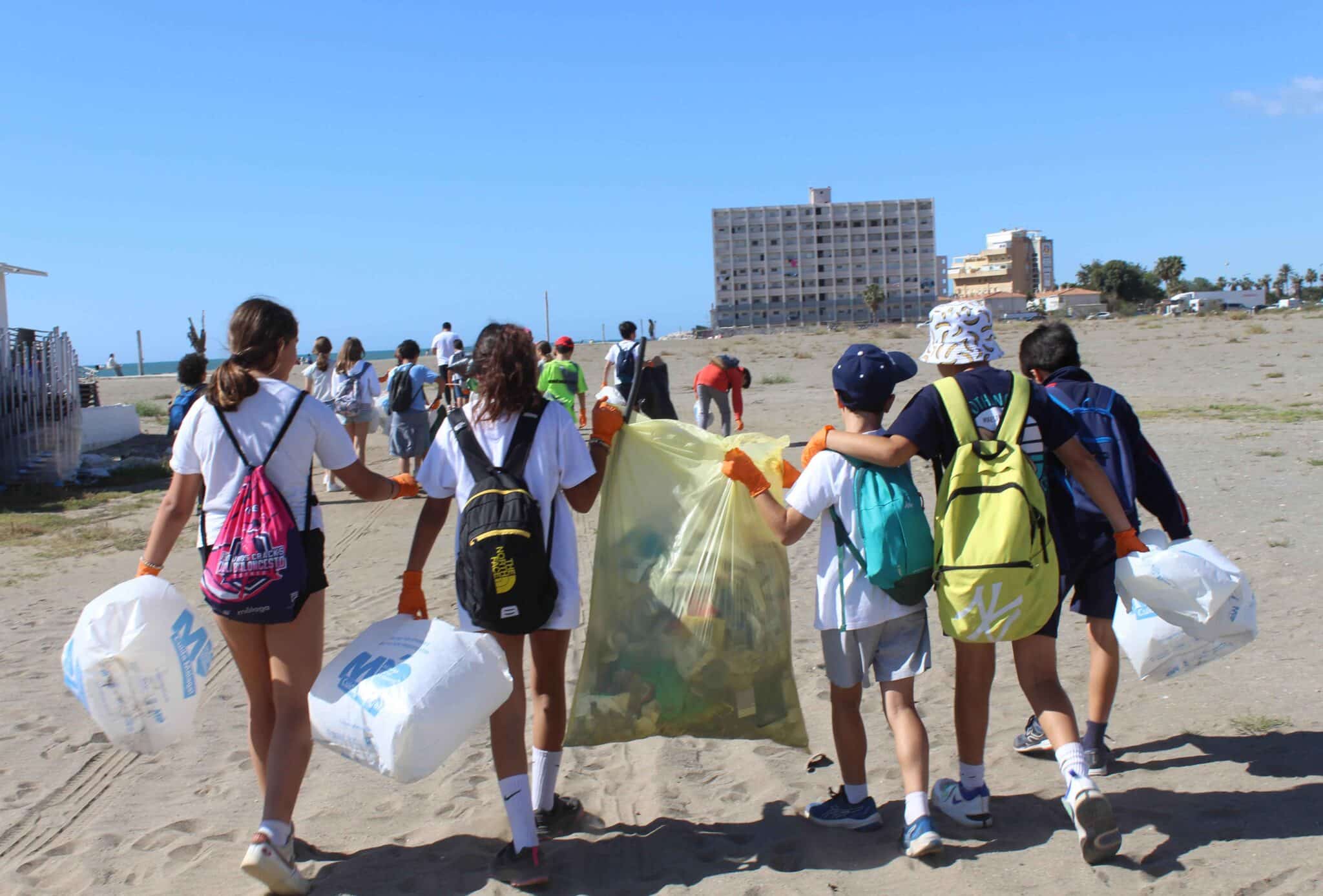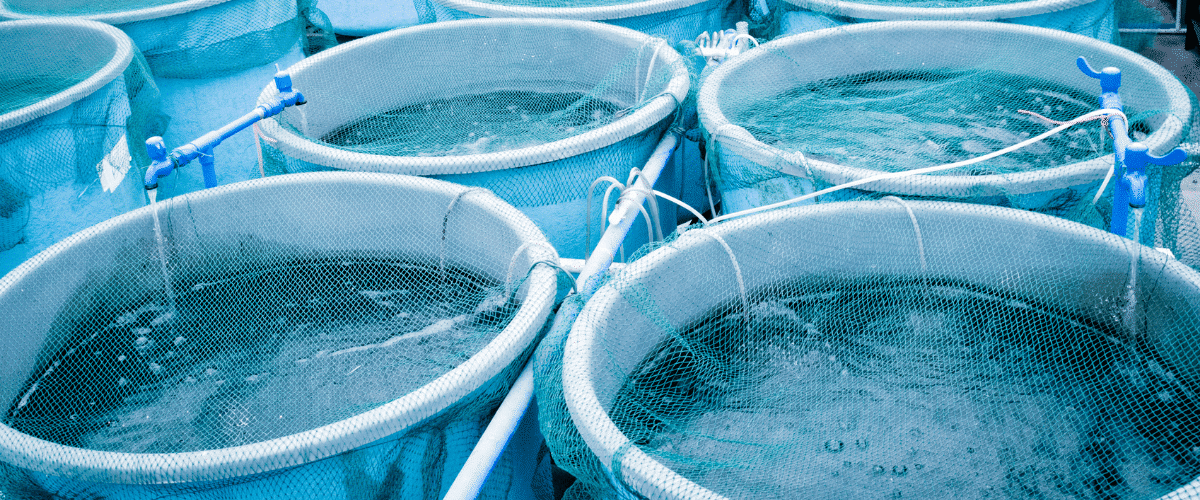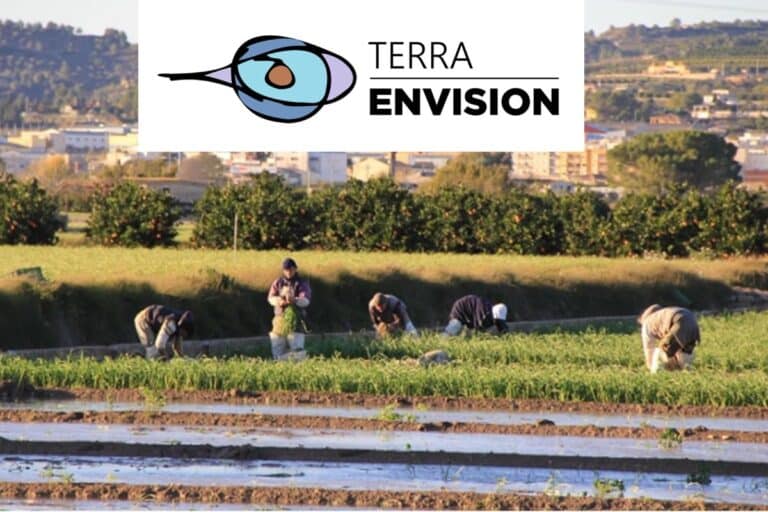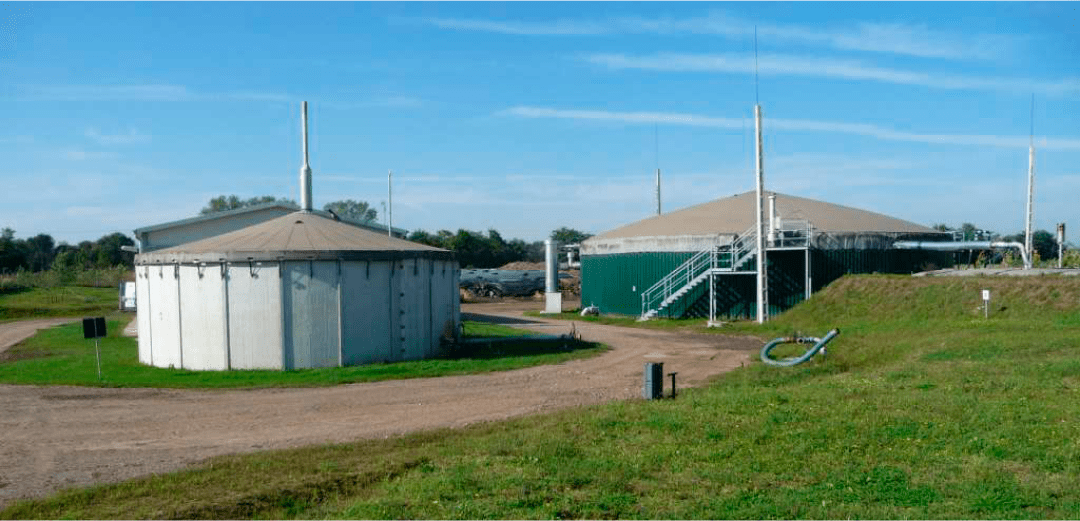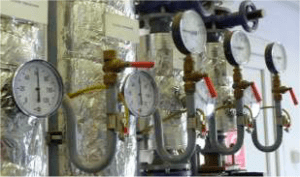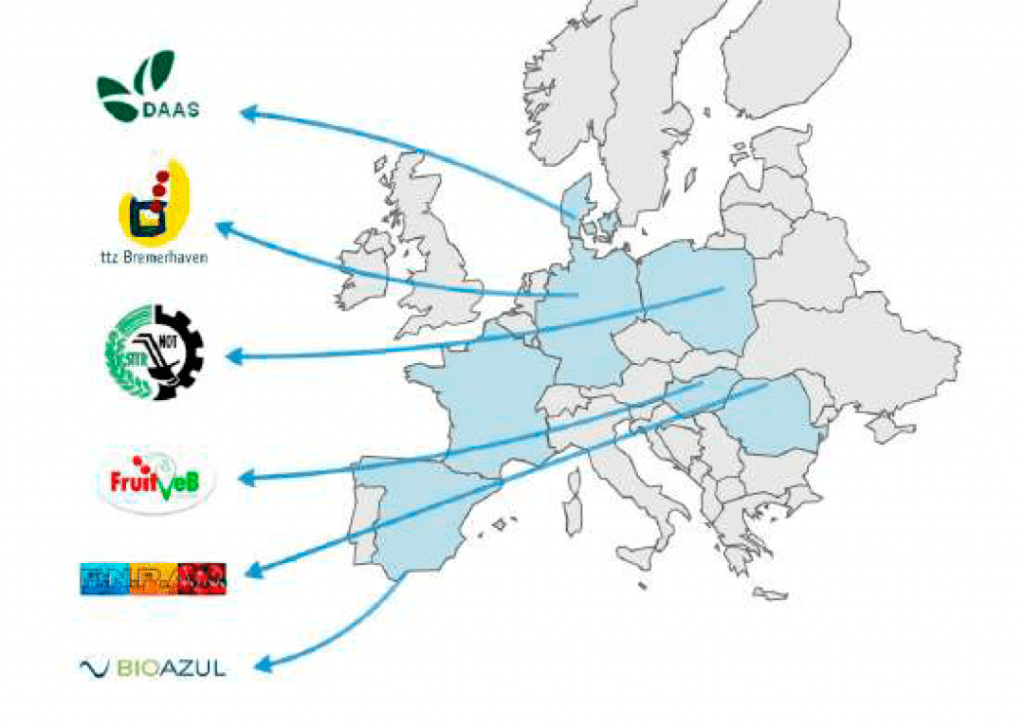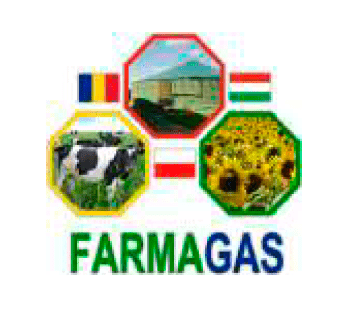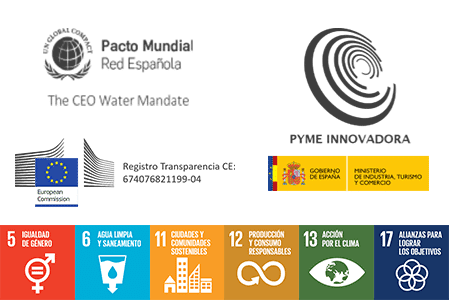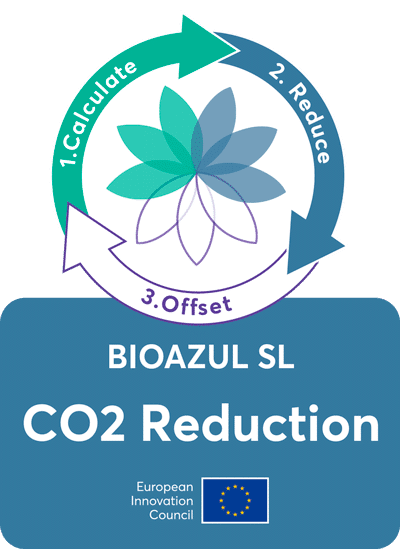– Dissemination and awareness campaign aimed at transferring knowledge to local agricultural producers and other potential end users, professionals in the sector, authorities, institutional managers, managers of public aid and other relevant actors, with which it has managed to reach approximately 271,090 people via:
– Creation of dissemination and translation material in the different languages of the consortium countries: brochures, posters, newsletters, technical sheets, etc.
– Creation and maintenance of a web page for the project, including dissemination material and useful information on anaerobic digestion, biogas production and its applicability as an energy source. At the end of the project, 2,561 visits had been recorded from 63 countries.
– Design of national information campaigns, including activities after the end of the project.
– Visits to farmers.
– Radio and television interviews
– Dissemination of knowledge and experience about anaerobic digestion and biogas production as a result of the work initiated by the AGROBIOGAS project, reaching new groups sensitive to these technologies.
– Development of training and dissemination strategies included the organization of training workshops: (1) workshops for training the trainers, (2) workshops for local farmers and (3) workshops for regional and national authorities. A total of 449 participants were recorded.
– Creation of clusters to establish close collaboration between farmers and other relevant actors. These are functional structures with the mission of establishing medium and short-term plans including agreements, action plans, meetings, etc. At the end of the project, 2 clusters had already been established.
